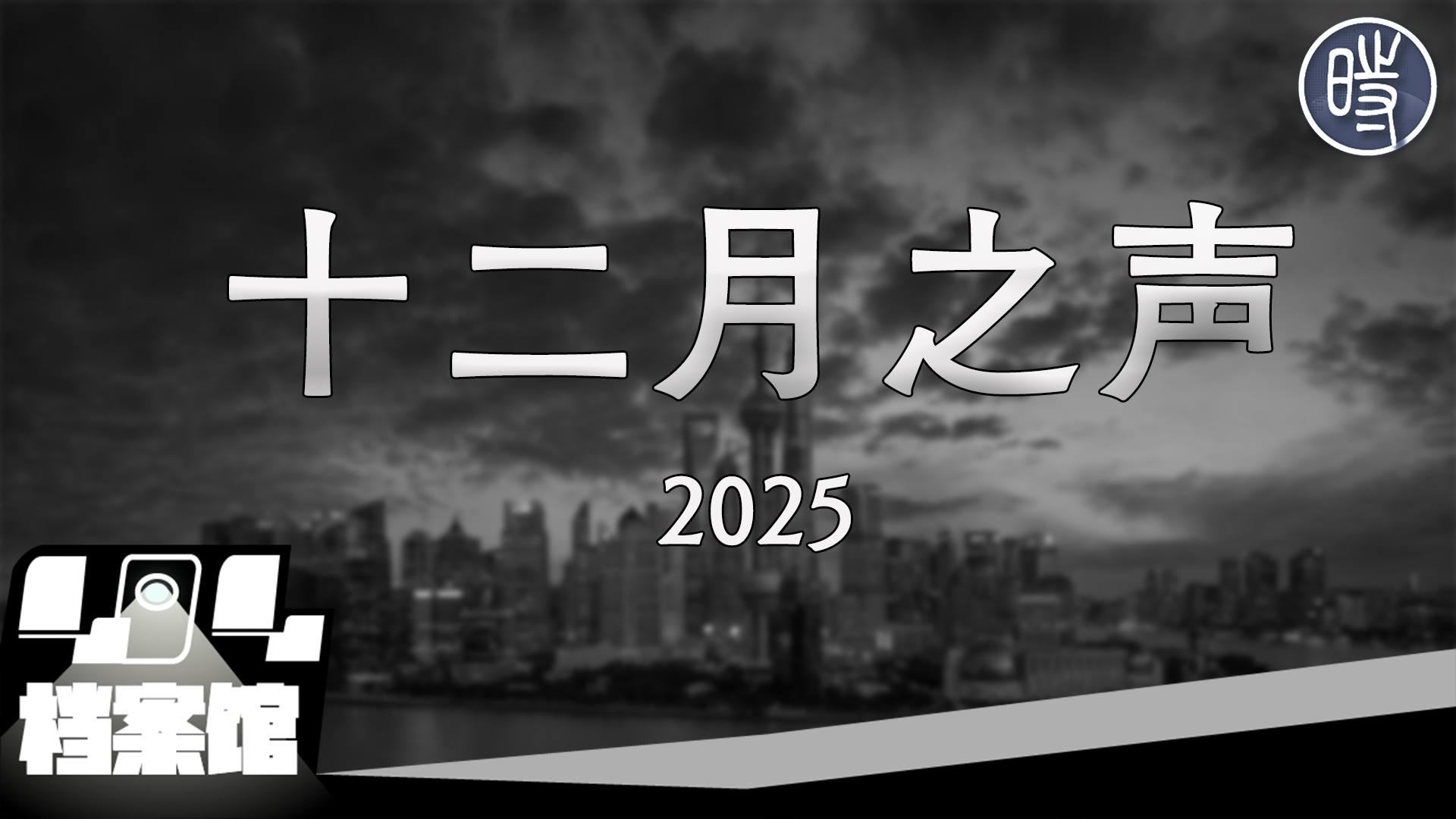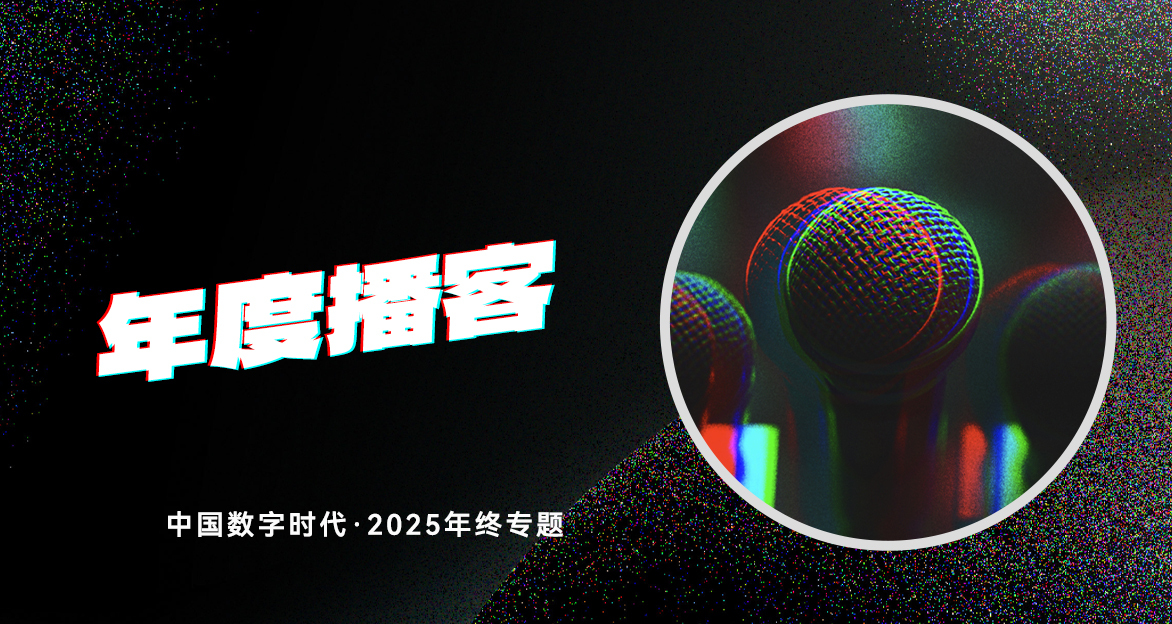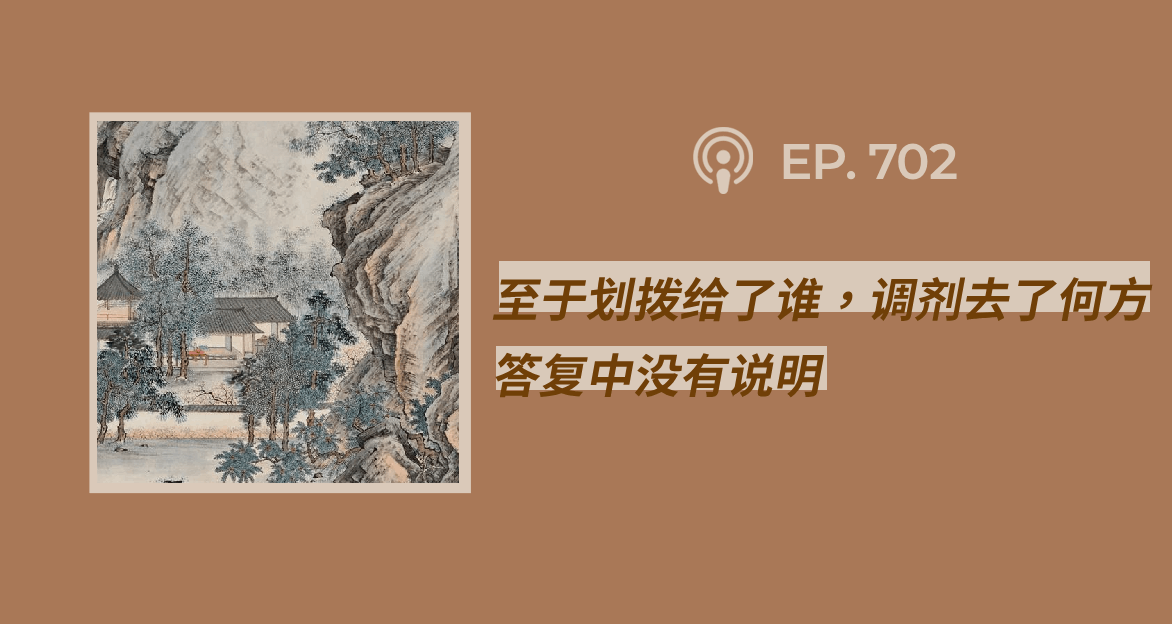http://www.mediapolicy.org/2012/11/china-digital-evolution
China: Digital
Evolution
by Rebecca MacKinnon on 2012/11/20
The Chinese Communist Party may have completed
its once-in-a-decade leadership transition, but the future of media in China
remains as unclear as the rest of China’s political and economic future.
Since Xi
Jinping was anointed as China’s top leader last week, a close reading of the
freshly-brewed political tea leaves favors gradual, messy evolution over any
sudden Internet-led revolution. Those who prefer to read research reports
instead of tea leaves will draw similar conclusions after reading OSF’s
recently-published Mapping Digital Media China
report – even though it was completed well before the
leadership transition. According to the report’s authors, the emergence over
the past decade of a “vibrant online civil society” in China provides grounds
for optimism in the long run. Yet this vibrant online world will continue to
coexist with a “sophisticated party-state propaganda and control system” whose
grip on broadcast media, licensing of digital services, spectrum allocation, and
professional news content production shows few signs of loosening.
Indeed,
analysis of last week’s 18th Communist Party Conference indicates an intention
to maintain as firm a grip as possible. In a thorough examination of
the of the new CCP Standing Committee, Cheng
Li, a scholar of Chinese politics at the Brookings Institution in Washington
DC, pointed out that key liberals in the Politburo, particularly Li Yuanchao who
is known to support liberal intellectual demands for rule of law and greater
government accountability, were not promoted to the Standing Committee as
expected. Cheng concludes that “China’s much-needed political reform may be
delayed.” And without political reform, meaningful media reform is
unlikely.
Chinese
proponents of free expression and media reform are also disheartened by the
elevation of Liu Yunshan, head of the propaganda department, known as a
faithful enforcer of party discipline on the media. His efforts to bring the
Internet to heel have included a licensing system for online service providers
and a requirement that microbloggers register their accounts with their real
names and ID numbers. As dissident writer and former journalist Dai Qing
recently lamented to the South China
Morning Post, a Hong Kong-based newspaper: “Liu’s appointment
has reduced our hopes that citizens will be allowed to monitor their government
and spread information freely over the next decade.”
Yet online
social media – particularly the home-grown microblogging services known in
Chinese as “weibo” – are nonetheless forcing more
transparency and accountability upon Chinese bureaucrats and news media.
Despite strict controls on news media coverage of the party congress, combined
withelaborate attempts by social media companies to block the
most edgy words and phrases from their services, netizens nonetheless managed
to analyze and criticize the proceedings on
Sina Weibo, the most popular of China’s Twitter-like social media platforms.
Government offices at all levels now recognize the need to engage with the
public on weibo: According to the state-run
Xinhua News Agency there
were over 51,000 government micro-blog accounts by the end of September.
本文由自动聚合程序取自网络,内容和观点不代表数字时代立场













